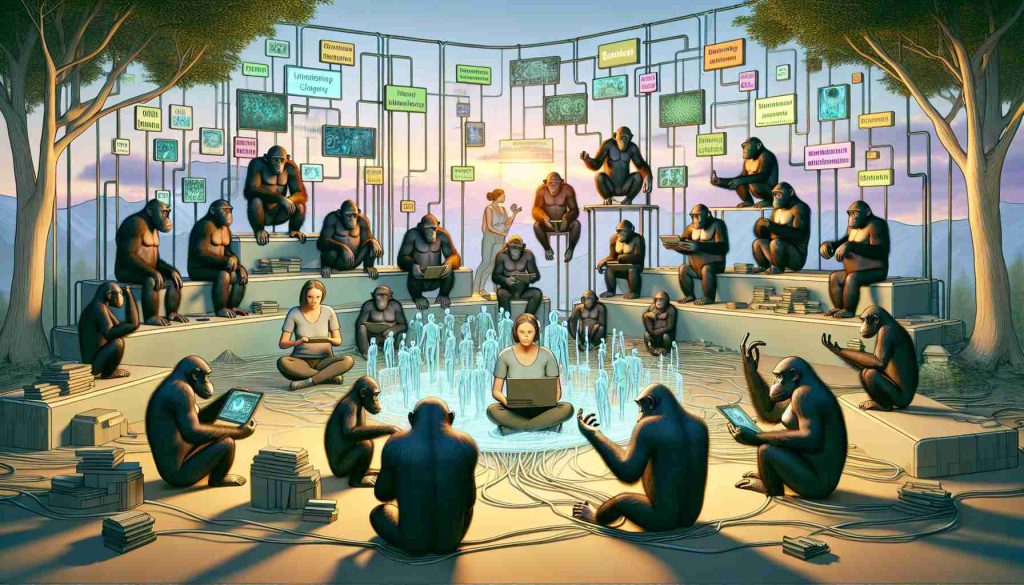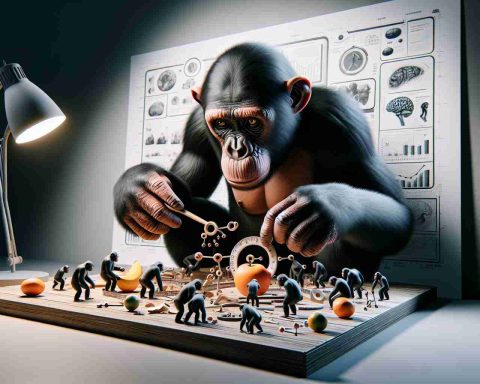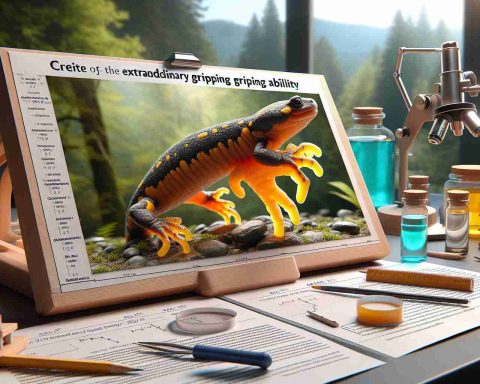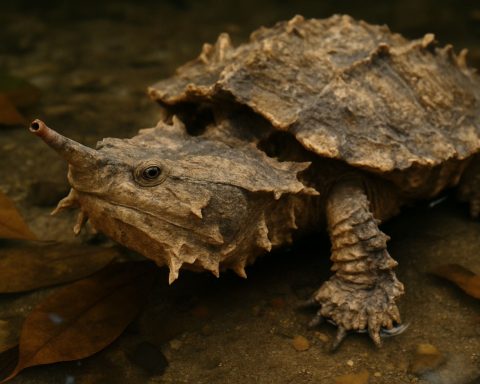Animals
Animals are multicellular, eukaryotic organisms that belong to the kingdom Animalia. They are characterized by their ability to move voluntarily, consume organic material for energy, breathe oxygen (in most cases), reproduce sexually (though some can reproduce asexually), and develop from early embryonic stages. Animals exhibit diverse forms and sizes, ranging from microscopic organisms to large mammals. They are generally classified into various groups, including invertebrates (such as insects, mollusks, and worms) and vertebrates (such as fish, amphibians, reptiles, birds, and mammals). Animals are found in nearly every terrestrial and aquatic environment, and they play essential roles in ecosystems as consumers, pollinators, and prey. Unlike plants, animals do not possess cell walls and have a greater level of mobility and nervous system organization, allowing for more complex behaviors and interactions.











